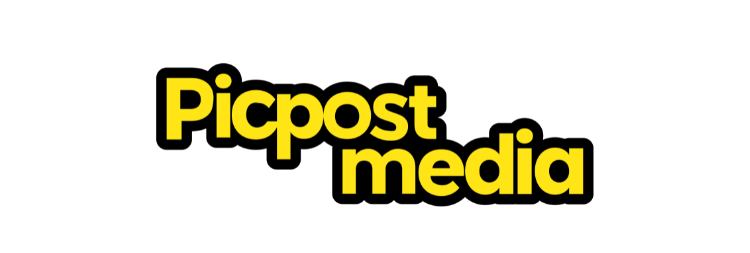Paid search bidding strategies are foundational to achieving profitability in paid search campaigns. While great ads and landing pages are essential, choosing the right bidding strategy aligned with your goals is crucial to avoid wasted money and untapped ROI.
This guide will explain how paid bidding strategies work and offer best practices for building a successful PPC bid strategy.
Key Takeaways
- Understanding Bidding Strategies: A paid search bidding strategy involves setting bids to achieve specific objectives. These strategies can be optimized for clicks, conversions, impression share, or other goals.
- Three Main Types of Bidding: Bidding strategies generally fall into three categories: manual, automated, and smart bidding. The right strategy depends on your campaign objectives.
- Case Studies: Real-life examples show how different bidding strategies can dramatically improve lead generation, boost revenue, increase conversions, and decrease cost per acquisition.
- Essential Practices: Ensuring accurate conversion tracking, aligning your bidding strategy with realistic goals, and embracing A/B testing are crucial for maximizing ROI.
How Paid Bidding Strategies Work and Why They’re Important
Understanding how bidding works is key to improving your paid search marketing. In paid search, a bid represents the amount you’re willing to spend for someone to click your ad. The amount you bid, along with other factors, determines your Ad Rank, which influences where your ads appear on the page.
Key factors influencing Ad Rank include:
- Quality Score: This score, ranging from 1-10, is based on your ad’s expected clickthrough rate, relevance, and landing page experience.
- Search Context: Includes the user’s device, location, and other search-specific factors.
- Auction Competitiveness: Considers the competition in the ad auction.
- Additional Assets: Like phone numbers, which can impact ad placement.
Know Your Bidding Types
Google offers three main types of bidding strategies:
- Manual Bidding: Gives you complete control over your paid search campaign, allowing you to set bids for individual keywords. While this offers granular control, it requires constant attention and is often labor-intensive.
- Automated Bidding: Uses machine learning to update keyword and ad group bids based on pre-set goals, such as maximizing clicks or meeting a target impression share. Automated bidding simplifies the process but reduces control.
- Smart Bidding: A subset of automated bidding, smart bidding uses advanced algorithms to optimize bids for conversion quantity or quality. It adjusts bids for each query to maximize sales or profit.
Best Practices for Paid Bidding Strategies
Ensure Conversion Tracking is Accurate: Accurate conversion tracking is crucial to ensure your bidding strategy delivers the desired results.
Align Bidding Strategy with Goals: Your bidding strategy must match your goals, whether it’s maximizing conversions or controlling ad spend. Setting realistic goals is key to avoiding wasted budget.
A/B Testing: Testing different bidding strategies and ad variations can help determine the most effective approach for your campaigns.
Avoid Frequent Changes: Constantly changing your bidding strategy can hinder performance, as it takes time for algorithms to optimize campaigns effectively.
Real-Life Examples of Bidding Strategies
- Overall Bid Strategy Adjustments: Simplifying campaigns and focusing on valuable metrics can lead to significant increases in leads and decreases in cost per lead.
- Automated Bidding Strategies: Leveraging automation can enhance campaign efficiency and performance, leading to higher conversion rates across multiple platforms.
- Smart Bidding in Action: Consolidating campaigns and using auction-timed smart bidding can result in dramatic improvements in conversion rates and lower costs.
- Portfolio Bidding: Applying AI-powered portfolio bidding across campaigns can optimize budget allocation and significantly increase leads and conversion rates.
Conclusion
Paid search bidding strategies are vital to achieving your advertising goals. By understanding the different types of bidding strategies and following best practices, you can optimize your campaigns for maximum ROI. Regularly revisiting and adjusting your strategies based on performance data will ensure your campaigns remain competitive and profitable.
This version focuses on the core content while removing specific references to individuals or companies.

